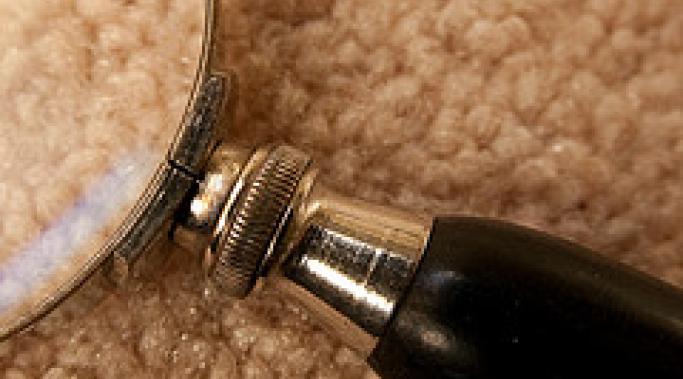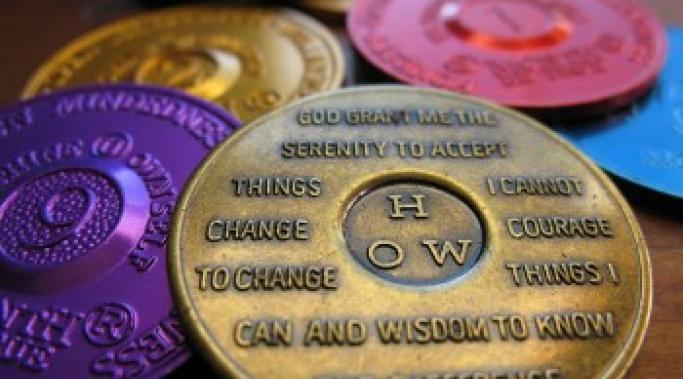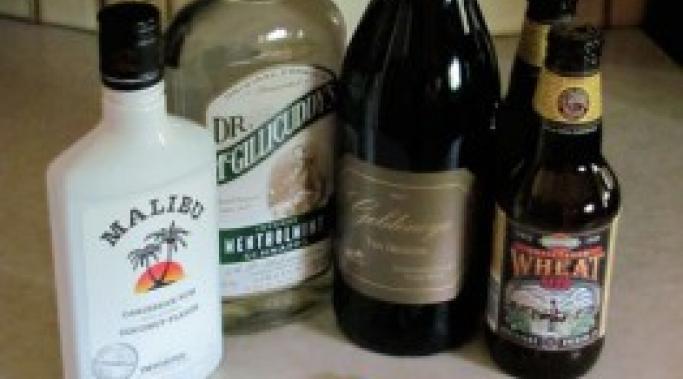Therapists and counselors use specific addiction diagnostic criteria when considering alcoholism or addiction in their clients. However, they only know as much as you, the patient, tell them. Therefore, you are really the only person who can determine whether or not identifying or diagnosing alcoholism is appropriate for you (take the Alcoholism Test).
Debunking Addiction
Alcoholics Anonymous (AA) and Narcotics Anonymous (NA) both emphasize clean (or sober) dates and time: but does this focus of addiction recovery programs harm or help group members? This question necessarily wanders into the perennial debate around abstinence versus moderation in addiction recovery. So, is clean time in alcoholics and narcotics anonymous helpful or harmful?
Drunkorexia is a non-medical term describing the habit of reducing food intake (or even anorexia) combined with alcohol use. This calorie restriction is used to compensate for calories consumed through alcoholic beverages. It is not a new phenomenon, but it's not a safe one either. Restricted eating or anorexia plus alcohol use is dangerous.
Perhaps the stigma of addiction is what perpetuates the idea that we should be able to kick all bad habits on our own, otherwise we are somehow weak or inferior human beings. This notion is particularly dangerous when it comes to fighting deadly addictions because it is not a realistic expectation. Most people die before they learn it's okay to ask for help but we can change addiction stigmas to fight substance abuse.
Amy Winehouse, an alcoholic, lacked a social support system near the end of her life, according to a recent documentary about the ill-fated singer and songwriter. After watching the revealing and very sad, Amy, last week, I am reminded how critical it is for struggling alcoholics and addicts like Amy Winehouse, to surround themselves with a quality support system (Importance of Drug Addiction Support).
Loving an alcoholic is challenging, regardless of whether or not the alcoholic is in recovery. There are certain personality traits common to alcoholics which add strain to relationships with friends, family, romantic partners, or professional connections when left untethered. What are some of these personality traits that come out when loving an alcoholic and how do they affect these relationships?
Combined drug intoxication, also known as mixed drug intoxication, is a potentially fatal condition characterized by simultaneous action of more than one psychoactive drug, including alcohol. Combined drug intoxication differs from overdose, in that overdose generally refers to a lethal amount of a specific drug, whereas combined drug intoxication often involves smaller amounts of multiple drugs. Often, the amount of any given drug present in a person who dies from mixed drug intoxication is not lethal by itself, but the combination of multiple drugs leads to fatality.
Loneliness and addiction often coincide, creating the illusion for most addicts that no one shares their pain. In fact, loneliness is actually one of the common threads that unites addicts in recovery. After discussing how sad and lonely I felt while drinking, I bonded with more people in recovery from addictions than any other time. Overcoming loneliness in addiction is possible.
Substance abuse fuels risky behavior. As someone who has lived through my own addiction and that of many loved ones, here are my thoughts on minimizing risky behavior brought on by substance abuse.
Forgiving yourself for embarrassing drunken behavior can be tough. Being drunk is one of the most common reasons behind people embarrassing themselves or being stupid. It’s pretty safe to assume that if you have been drunk, you have embarrassed yourself in some small, minor way. And if you’re an alcoholic, you might have some pretty epic stories of nights that ended in a major embarrassment to you or someone else. In some instances, those stories are laughable and can be shaken off or simply shared in jest. In other situations, these are the ghost and horror stories of our drinking days: embarrassing drunken nights never to be admitted or acknowledged in any way because the shame and embarrassment was too great. Embarrassing drunken stories that fueled me to drink more. If I drank more, it would be easy to forget my shame. It took me a long time to forgive myself for my embarrassing drunken behavior.









